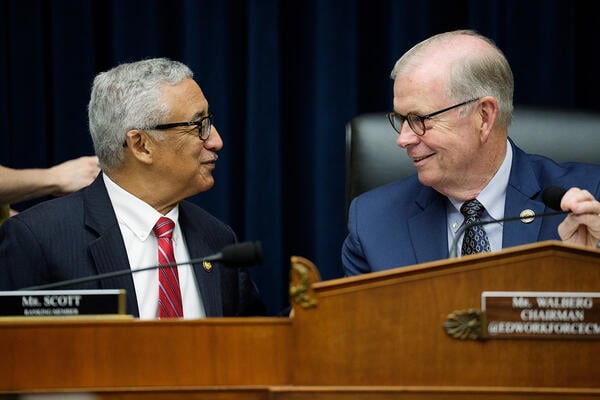
"Congress is poised to implement major changes to higher education policy, prompting college presidents to intensify advocacy efforts with local lawmakers to protect institutional interests."
"As the House committee tackles sweeping reforms on funding and accountability, institutions without local representation on the committee face unique lobbying challenges."
"Proposed legislation may impact how students pay for college and impose new accountability measures related to graduates' employment and income, reshaping higher education's landscape."
"In addition to funding issues, the committee's discussions may include new standards for accreditors, tackling diversity and equity, and examining antisemitism reporting at colleges."
Congress is contemplating considerable reforms to higher education policies, leading college and university leaders to elevate their lobbying efforts directed at local representatives. These lawmakers often recognize the crucial role colleges play in their communities. As Congress prepares a budget reconciliation bill that could impose substantial spending cuts and higher endowment taxes, the House Education and Workforce Committee has proposed significant changes affecting student financing and accountability regarding graduates' employment outcomes. Additionally, new legislative proposals are expected to challenge accreditation standards related to diversity and equity while investigating antisemitism on campuses.
Read at Inside Higher Ed | Higher Education News, Events and Jobs
Unable to calculate read time
Collection
[
|
...
]